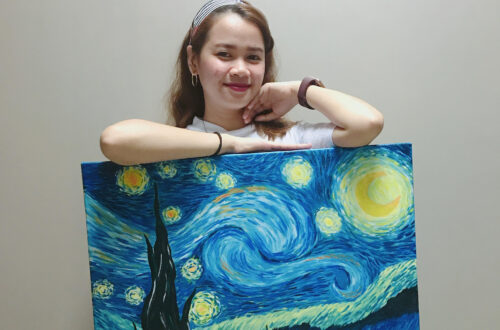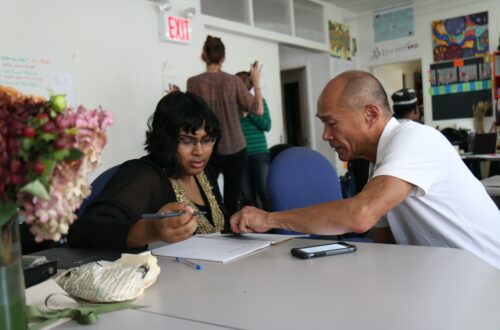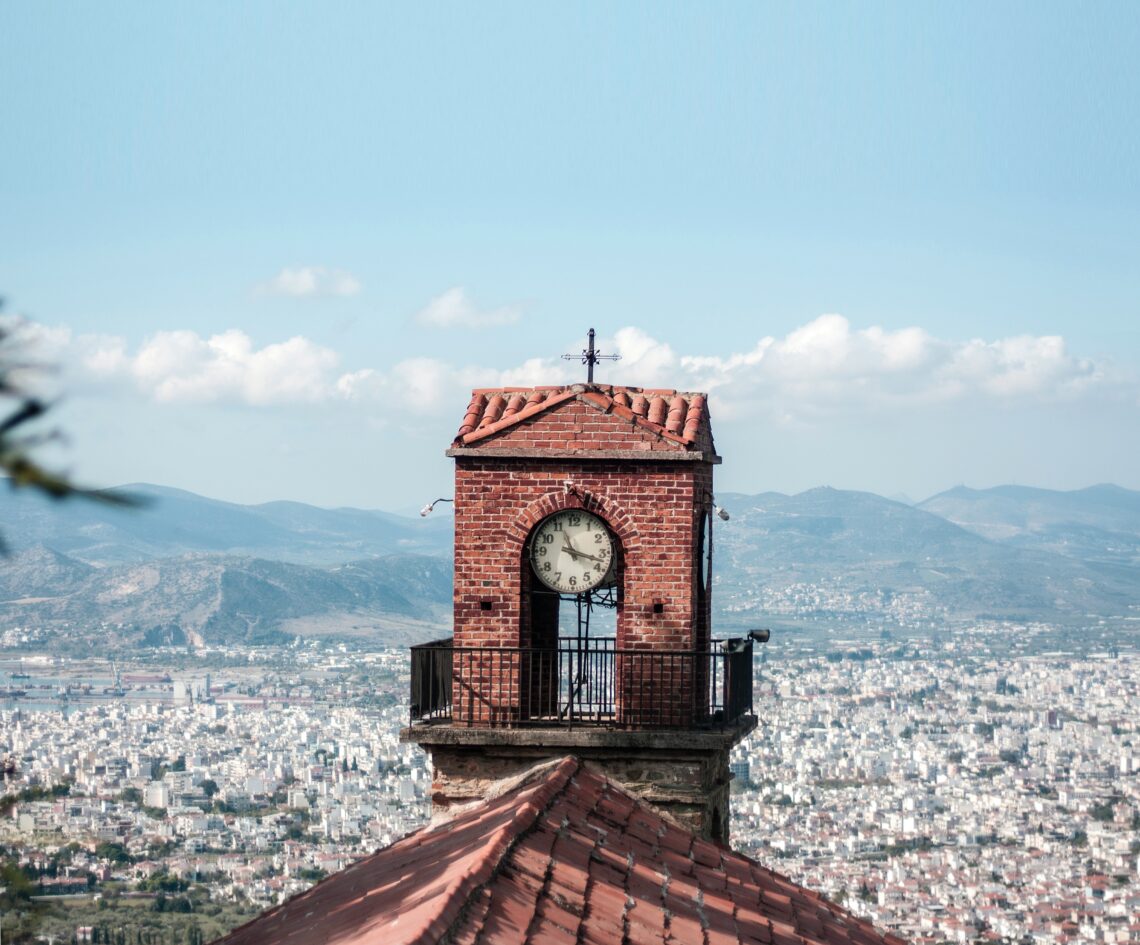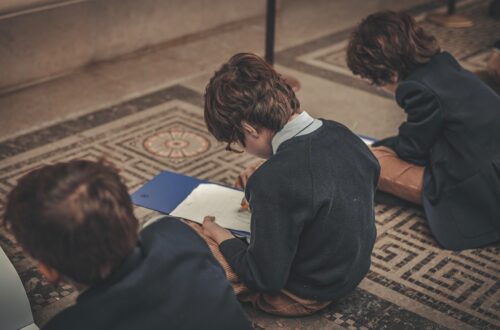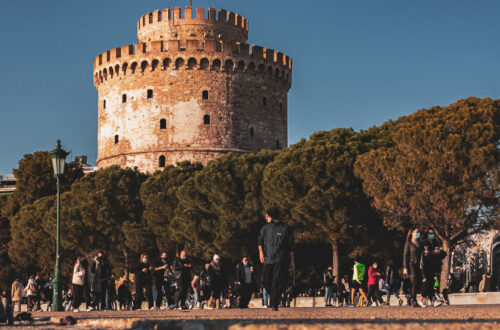-
Case: Wereldwijven ateliers, Dordrecht, the Netherlands
More than 80 women from 27 different backgrounds come together in Wereldwijven ateliers to practice their language skills, their work skills and to expand their social network. Together they design and make beautiful products for their own shop and for designers with which they work together. Women empowerment and feeling more at ease in Dutch society, combining development of skills and language learning are key elements of this best practice. The combination of these elements are attractive to keep in mind by developing an education program for Winsome. It would be nice to use the educational program as a starting point for a long term relationship with the participants of…
-
Case: Museum of the city of Volos (Volos, Greece)
The Museum of the City of Volos, Greece’s sole contemporary City Museum, is housed in a converted tobacco warehouse. Through its exhibitions and research projects, the museum actively engages with the local community and academic institutions. Its first major exhibition, “Volos-Nea Ionia: so close, so far,” commemorates the 90-year anniversary of a refugee settlement, highlighting the shared experiences of diverse individuals. The museum also fosters inclusivity by organizing regular visits for young refugees to other museums, facilitating cultural exchange and dialogue. These initiatives promote community-building, integration, and empowerment, enriching the museum experience for refugees and the wider community. Background The Museum of the City of Volos stands as Greece’s inaugural…
-
Case: Our long journey. Yesterday, where did I come from?… Now where am I… Tomorrow where do I want to go? (Thessaloniki, Greece)
The Children’s Museum of Thessaloniki, established in 1997, overcame a devastating fire in 2009 to become an independent institution focused on providing an enriching environment for children. Collaborating with UNHCR, the museum developed a program titled “Our Great Journey,” aiming to foster connections and understanding among refugee and non-refugee children. Through engaging activities and games, the program facilitated a sense of comfort, acceptance, and friendship. The museum’s success demonstrated the significance of thoughtful design and inclusive approaches, accommodating diverse backgrounds and celebrating linguistic diversity. These efforts showcased the power of play and education in forging connections and promoting empathy. Background Established in 1997, the Children’s Museum of Thessaloniki found its…



